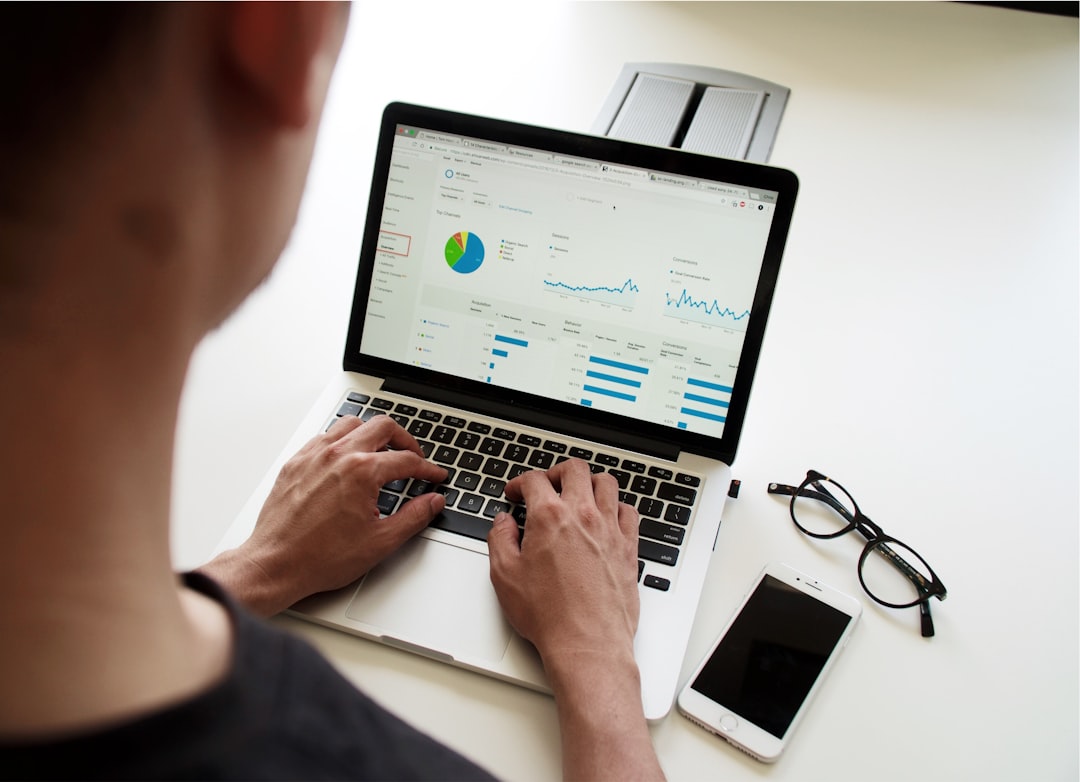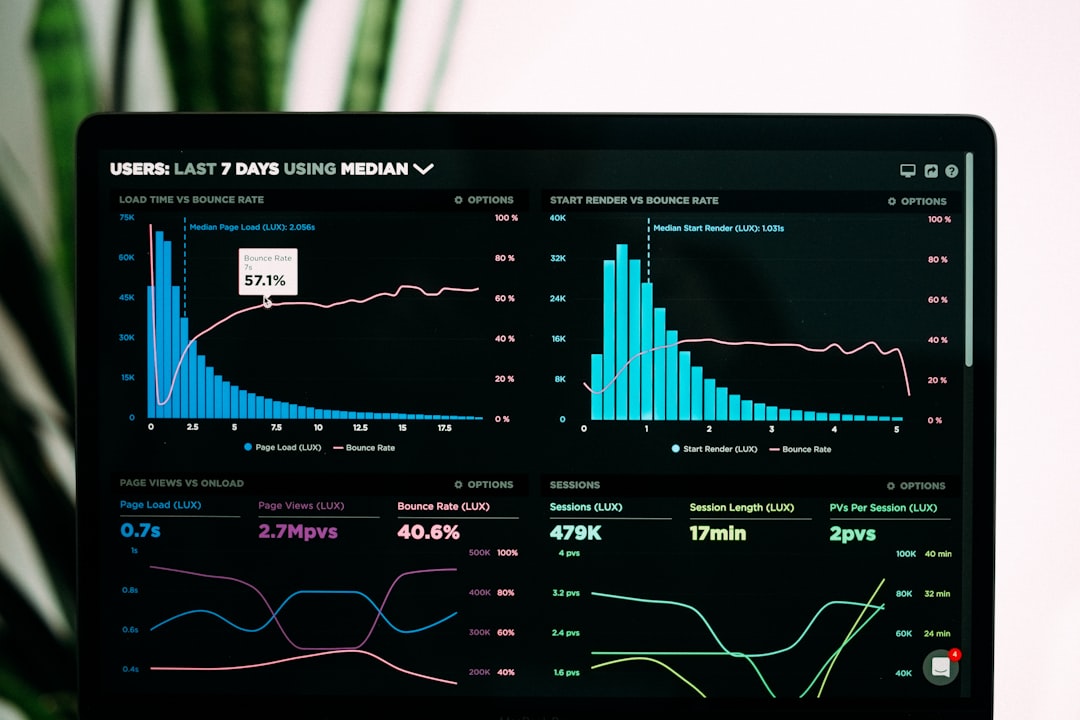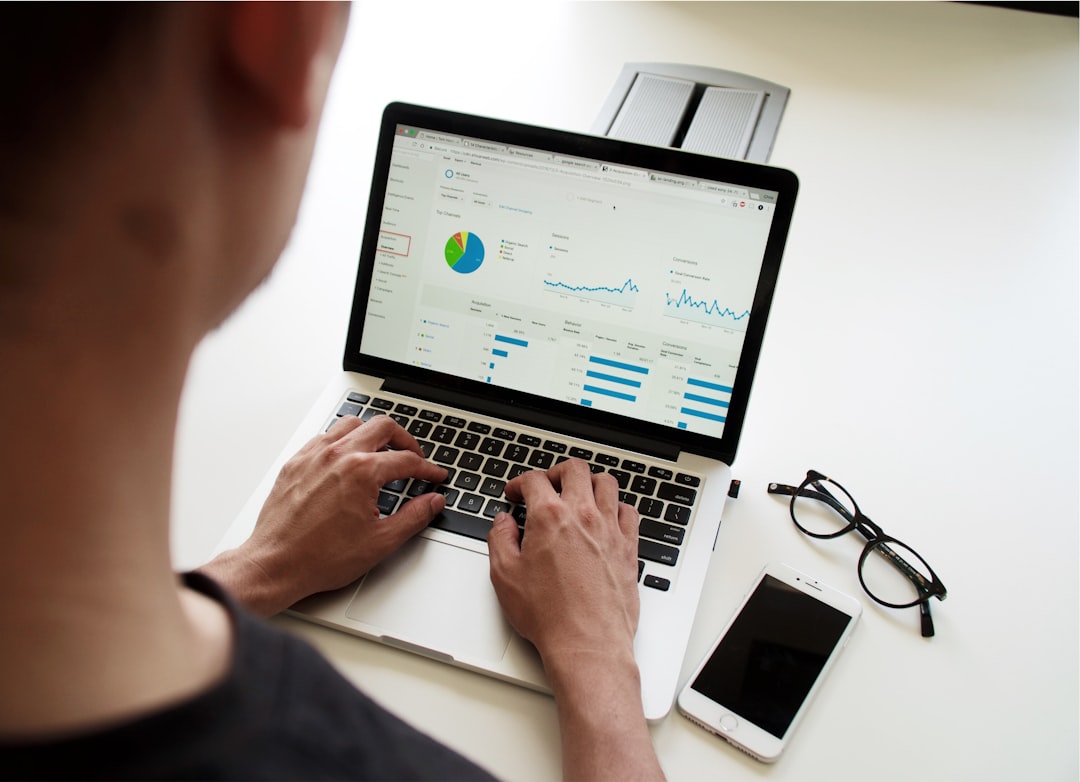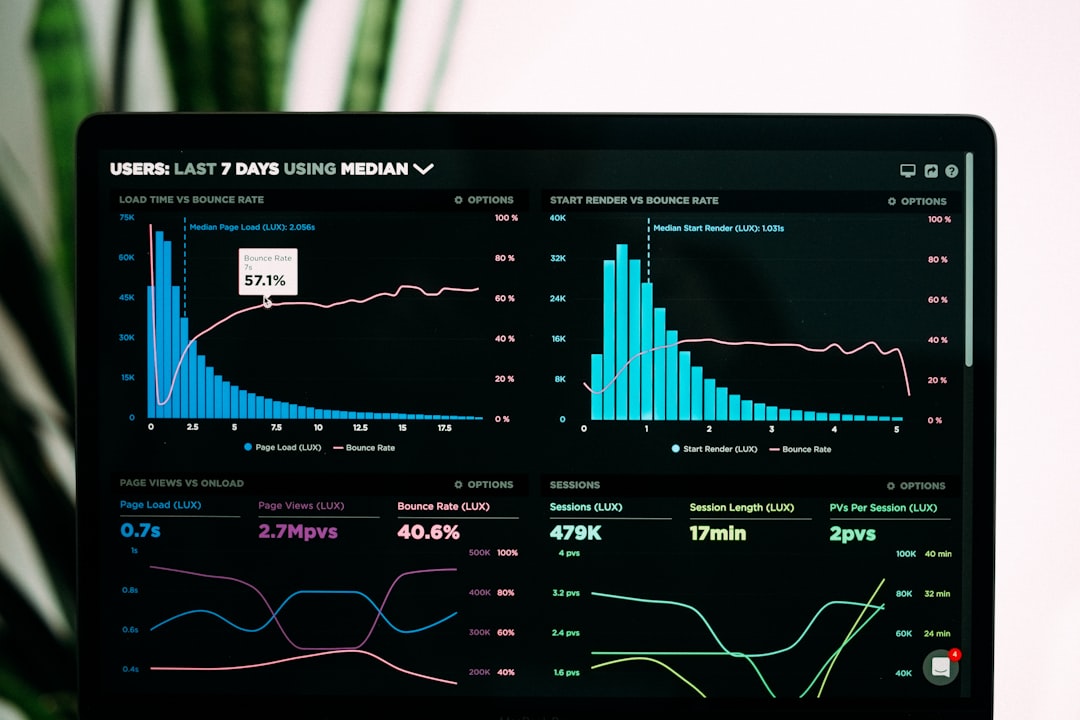Unlock encrypted content
Please enter your SSCE key to initiate on-the-fly decryption.
Decryption key: (Click cancel if you don't have the key)
Copied link to clipboard.
This feature is unavailable for free accounts. Upgrade now and enjoy all Premium benefits.
Go Premium!
This feature is unavailable for free accounts. Upgrade now and enjoy all Premium benefits.
Go Premium!
Please open this page in browser ( Google Chrome or Safari ) to use this feature.
Open In Browser
The Future of Data Privacy in Wearable Technology.
Random related video for this blog.
Copied share link to clipboard.
Wearable technology has become increasingly popular in recent years, and it's not hard to see why. These devices, which can range from smartwatches to fitness trackers, offer a range of features that can help us stay connected, track our fitness goals, and even monitor our health. However, with the rise of wearable technology comes new concerns about data privacy. In this article, we'll explore the future of data privacy in wearable technology and how we can protect our personal information.
Data Privacy and Wearable Technology
One of the biggest concerns when it comes to wearable technology is data privacy. These devices collect a lot of personal information, such as our location, our health data, and even our biometric information. This information can be incredibly valuable to companies and advertisers, which is why it's important to take steps to protect our privacy.
One way to protect our privacy is to be mindful of the data that our wearable devices are collecting. For example, if you're wearing a fitness tracker, you may want to turn off location tracking if you don't want your movements to be tracked. You may also want to limit the amount of personal information that you share with third-party apps or services.
Another way to protect our privacy is to use devices that offer strong data encryption. For example, FileLu.com offers encryption file sharing for large files transfer, which ensures that your data is protected from prying eyes. Additionally, FileLu.com allows for multi-factor authentication, which adds an extra layer of security to your account.
Multi-Device Access and NAS Limitations
One of the benefits of wearable technology is that it allows us to stay connected no matter where we are. However, this can also create challenges when it comes to accessing our data. For example, if you're wearing a smartwatch and you want to access a file that's stored on your home network attached storage (NAS) device, you may not be able to do so.
To address this issue, many companies are now offering multi-device access to their services. For example, FileLu.com offers online backup and cloud storage, which allows you to access your files from any device with an internet connection. Additionally, FileLu.com offers free file upload, video sharing site, and photo upload capabilities, making it easy to share your files with others.
Genetic Engineering and Data Privacy
Another area where data privacy is becoming increasingly important is genetic engineering. As we learn more about the human genome, companies are developing new technologies that allow us to modify our DNA. While this technology has the potential to revolutionize healthcare, it also raises concerns about data privacy.
For example, if you have your DNA sequenced, you may be sharing incredibly personal information about yourself with a third-party company. This information could be used to deny you insurance or employment opportunities, or it could be sold to advertisers. To protect your privacy, it's important to be mindful of the companies that you're sharing your genetic information with and to read their privacy policies carefully.
In conclusion, data privacy is becoming increasingly important as we rely more on technology to manage our lives. By being mindful of the data that we're sharing and using devices that offer strong encryption and multi-factor authentication, we can protect our personal information from prying eyes. Additionally, by using services like FileLu.com, we can ensure that we have access to our files no matter where we are. As we continue to explore new technologies like genetic engineering, it's important to keep data privacy in mind and to take steps to protect our personal information.
FileLu.com
By Amelia Isabella.
Email: [email protected]
Related
The Future of Data Storage: Technological Advancements and Unified Platforms.
June 2, 2023
Read More
The Future of Data Storage: Combining Nanotechnology, Cloud-Native Applications, and...
June 2, 2023
Read More
Unified Platform for Office and Remote Files: Revolutionizing File Sharing...
June 2, 2023
Read More
Popular
The Future of Technology: Exploring Biohacking, Space Tourism, and Digital...
November 23, 2025
Read More
Exploring the Benefits of Cloud Storage and Innovative Technologies in...
November 26, 2025
Read More
The Future of Digital Transformation: Exploring Smart Homes, Efficient File...
November 30, 2025
Read More
Latest
The Future of Digital Transformation: Exploring Smart Homes, Efficient File...
November 30, 2025
Read More
Exploring the Benefits of Cloud Storage and Innovative Technologies in...
November 26, 2025
Read More
The Future of Technology: Exploring Biohacking, Space Tourism, and Digital...
November 23, 2025
Read More
The Future of File Sharing: Streamlined Workflows for Photographers and...
November 19, 2025
Read More
Exploring the Intersection of Technology: From Cybersecurity to Augmented Reality...
November 16, 2025
Read More
The Future of File Management: Embracing Edge Computing and Efficient...
November 12, 2025
Read More
The Future of File Sharing: Exploring User-Friendly Solutions and Data...
November 5, 2025
Read More
The Future of Cloud Storage: How FileLu Empowers Creative Professionals...
November 2, 2025
Read More
The Future of Autonomous Technologies: Innovations in Robotics, File Sharing,...
October 29, 2025
Read More
Emerging Technologies Revolutionizing File Management: From Li-Fi to Robust Collaboration...
October 26, 2025
Read More
Emerging Technologies: Exploring the Impact of File Access Auditing, Genetic...
October 19, 2025
Read More
The Future of Data Storage: Exploring Advanced Encryption, Mobile Integration,...
October 5, 2025
Read More
Exploring the Future of Data Management: Security, Efficiency, and Cognitive...
September 28, 2025
Read More
Revolutionizing Data Management: Innovations in Storage, Security, and Sustainable Technology.
September 24, 2025
Read More























